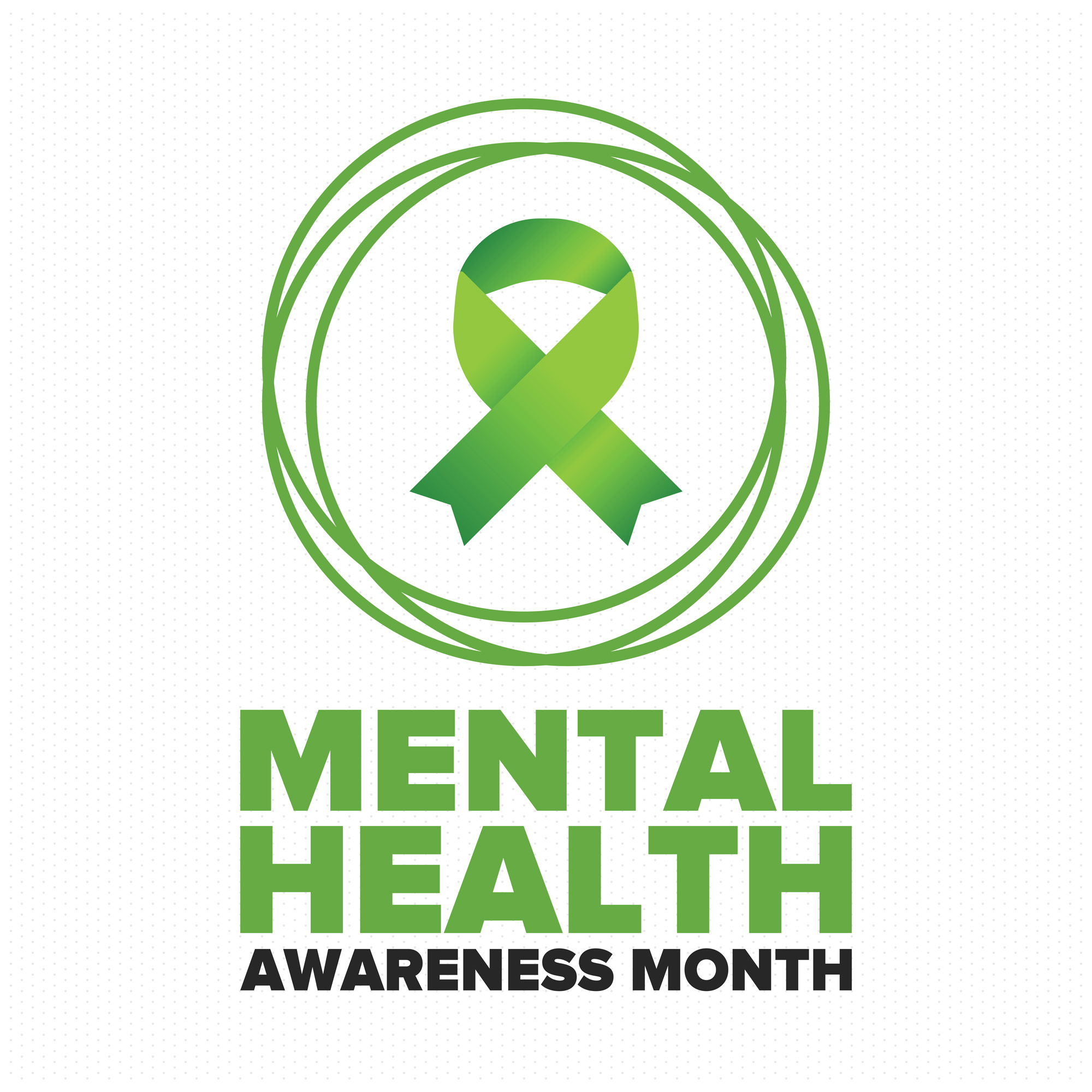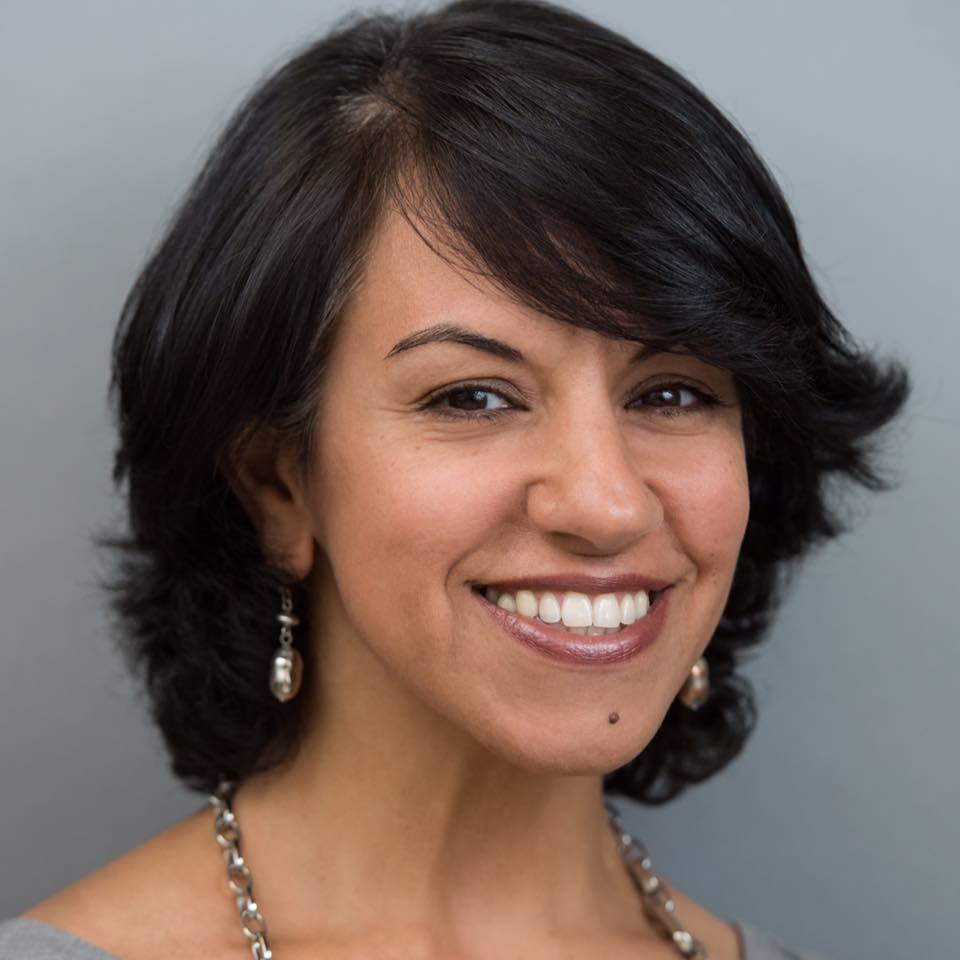
July 19th, 2024 by Moira McLaughlin, Content Producer
Are you looking for an easy way to advance your professional knowledge during these long summer days?
Check out the extensive library of podcasts from FUTURES. From thinking about new ways to tell a story about domestic violence, to delving into the the unique issues facing a survivor who is HIV positive, to our new podcast specifically for survivors, each episode offers insights and new ways to think about you, your work and your role in ending violence.
So pull up your favorite podcast streaming app and put the following podcasts in your queue.
The Accidental Educator
The way we present information is almost as important as the information itself. With so many new tools available, we have more opportunities to reach new audiences. The Accidental Educator teaches listeners how to become podcasters. From details about the best microphones to use, to how to tell a compelling and ethical …

May 2nd, 2024 by Jesse Mahler, Senior Program Specialist, Public Education Campaigns & Programs
It’s Mental Health Awareness Month and we have work to do.
1 in 5 youth have or will experience mental illness in their lifetimes, according to the CDC.
Since 2022, FUTURES has partnered with the National Council for Mental Wellbeing and Big Brothers Big Sisters of America and Founding Investor Harry’s on Team: Changing Minds. The idea is to educate more trusted adults to recognize the signs if a young person is suffering from mental health challenges and connect them to support.
Together, we connected more than 900,000 young people to adult mentors and coaches to respond to mental health needs. These are trusted peers and adults in young people’s lives who are engaged in pastimes youth love (like video games, mentoring, and sports) – ensuring that there is help for a young person facing mental health challenges.
You can become a responder, too, by taking the Team: …

April 25th, 2024 by By Wendy Mota, Project Manager and Shellie Taggart, Project Director for the Children & Youth Team
One in seven. That’s the Centers for Disease Control and Prevention (CDC) estimate of how many children experienced child abuse or neglect in the past year in the United States – and the CDC notes that is likely an underestimate, because many cases are unreported.
It’s an alarming statistic for sure.
Situations of child maltreatment are complex and challenging, and no one-size-fits-all solution results in the best outcome for every child at risk. When a family is without resources, experiencing poverty, and when there’s domestic violence in the home, finding the best way forward can be especially tough.
The story of “Lisa,” reported in the Boston Globe last fall, is, unfortunately, fairly typical. Despite the fact that Lisa protected her infant daughter – who was unharmed – when the baby’s father broke down their door and attacked her, the Massachusetts Department of Children and Families cited Lisa for child neglect.…

March 25th, 2024 by Ana Lόpez van Balen, Vice President of Economic Security & Justice
Women’s History Month is a time to celebrate and uplift the many women who have blazed a trail for us and fought for equality. It’s also a time to recommit to demanding more for women everywhere- more opportunity, more political power and more seats at the table where decisions are made.
As the new Vice President of Economic Security & Justice with FUTURES, I don’t want this month to end without calling attention to the way women’s economic mobility is so intertwined with women’s equality and the work I do around preventing and responding to gender-based violence and harassment in the world of work. It’s foundational to women’s health, safety and prosperity.
Why?
Economic opportunity and …

March 8th, 2024 by Leila Milani,
Program Director, Global Policy & Advocacy
What do you want people to know about the work that you do?
My top priority is increasing the United States’ investment in advancing gender equality internationally, with a focus on eradicating gender-based violence and ending child sexual exploitation. I want people to understand that violence against women comes at a physical, emotional and economic cost. But if we invest in women and their safety, we not only uplift them, we also add to a country’s GDP by three percent.
I’ve also learned in my decades of doing this work how important coalitions are. We are stronger together. In 2022, in collaboration with USAID, we were able to bring our Coaching Boys Into Men program to Tanzania to train coaches and athletes about how to promote respectful behavior among young athletes and help prevent relationship abuse, harassment, and sexual assault. One teacher, Cuthbert Nzingula, who participated in the four day …